Ten years after the passage of our distinguished professor Very Rev Professor Andrew Sunday Oyalana, one of this era’s leading Christian ecumenists, we continue to experience a deep void, which will remain in our hearts until our eschatological reunion. Very Rev Prof Oyalana’s legacy is essential to orient aspiring ecumenists. Very Rev Prof Oyalana was an ‘interdisciplinary and learned ecumenist, researcher, and practitioner. The ecumenist demonstrated broad and profound knowledge of philosophy, history, and theology across different ecclesiastical traditions and ethnicities in his multiple teaching appointments as a distinguished professor of ecumenical and historical theology.’ Very Rev Prof Oyalana’s legacy reminds us of the roles that ecumenists fill in ecumenical agencies, namely: some are called to social advocacy, some to ecumenical education, some to common evangelical witness, and some to common witness in service to the community. Few are called to build the agreements from which the church’s unity can emerge. Indeed, a call to ecumenism does not mean a vocation to Faith and Order dialogue and research.
The main fundamental and essential of Very Rev Prof Oyalana’s ecumenical perspective is ‘correcting an un-ecumenical tendency so that churches might embrace true ecumenicity with its attending ecumenical methodology, hermeneutics, biblical vision, adequate understanding about the reception of culture, and, specifically for ecumenical officers.’ Very Rev Prof Oyalana’s legacy is about steering churches’ present and future pathways toward Christian unity.
It is important to note that some un-ecumenical tendencies inhibit the development of true ecumenicity. For example, ‘the failure to recognize the ecclesiality of other communions–and especially the tendency to ignore the historical development of their tradition concerning other Christian churches and vice versa—implicitly results in a perpetuation of ignorance, even as churches take pride in holding on to their particular “denominational distinctives”; the action itself disregards their relationship with other churches and does not aid the quest for Christian unity.’ Very Rev Prof Oyalana’s legacy reminds us that ‘an ecumenist must be learned about his or her own and others’ traditions without discriminating against those, not of his or her fold. The vocation thus calls for ecumenical conversion, that is, conversion to ecumenical methodology, hermeneutics, vision, and approach to other churches, even as it calls an ecumenist simultaneously to educate his or her own church tradition.’
By divine providence, today in Nigeria, we remember and celebrate a frontline ecumenist, theologian, my former rector, teacher, and pastor of bishops, the Very Rev Prof Oyalana, who was laid to rest ten years ago. He was a soldier of the Cross, a follower of the Lamb, and the Lion of the tribe of Judah. Very Rev Prof Oyalana lived to empower others and the church in general. His greatness was rooted in his love for Christ: it shaped his integrity, love of excellence, and service to others. Jesus told his disciples: “Whoever wants to become great among you must be your servant.” He did not fear to own the Lamb’s cause or blush to speak His name, especially on theology and church unity. He was not carried to the skies on flowery beds of ease while others fought to win the prize and sailed through the bloody seat.
Very Rev Prof Oyalana was a product of Trinity Theological College, Legon, Ghana, the University of Ghana, and the University of Ibadan. He served as the Dean of the Immanuel College of Theology, Ibadan, and Vicar, Immanuel College Chapel. He served as a teacher, vicar, and chaplain to many colleges and universities. He was a lecturer, chaplain, and Registrar at Immanuel College of Theology, Ibadan (1980-1991). He lectured at Lagos State University, Ojoo, and the University of Ilorin, Ilorin, where he became a senior lecturer.
Very Rev Prof Oyalana lectured at Wake Forest University, Winston Salem, NC, United States of America. He was a Rector of the Methodist Theological Institute, Sagamu, from 1998-2002. He was the Chairman of the West African Association of Theological Institutions (WAATS). Very Rev Prof Oyalana traveled widely and of no mean accomplishment but humble disposition.
Very Rev Professor Oyalana, in one of his books, Christian Witness in Nigeria: Common and Divided, a completely revised edition of his doctoral thesis at the University of Ibadan, which took many years of thorough study and research to complete, looked at factors that have contributed to the fragile unity among the churches in Nigeria. He critically examined factors that have inhibited effective ecumenical relations in Nigeria. Very Rev Prof Oyalana, in his book, offered a panacea that can heal the wounds of division among the churches and bring about lasting unity in the Nigerian Church.
In his foreword to the book, Most Rev Michael Stephen, a retired Methodist Archbishop of Ibadan, was particularly impressed by Very Rev Professor Oyalana’s suggestions on common witness in Nigeria in the areas of Base Communities, Human Rights and Theological Dialogue. According to Archbishop Stephen, ‘these are great ideas that may prove relevant in the ongoing search for global peace and religious tolerance in multi-ethnic, multi-religious societies.’
Professor Deji Aiyegboyin explained that Very Rev Prof Oyalana’s book ‘makes a case that authentic commitment to witness begins with a commitment to the Lord Jesus whose evangel the Church receives and is expected to transmit.’ Prof Aiyegboyin identified Very Rev Prof Oyalana’s efforts to demonstrate that unity does not imply unapprised uniformity. Very Rev Prof Oyalana’s concept of church unity points to the ‘diversity of gifts and insights given to the church, which implies visible unity in diversity within the body of Christ. The visible unity will call for greater common witness in areas like the Koinonia / Diakonia experiment, human rights and meeting human needs (social action), theological dialogues, and covenant relationships.’
Very Rev Prof Oyalana’s legacy points to the different goals of ecclesial ecumenical dialogue from the goal of interreligious dialogue. While ecclesial ecumenical dialogue ‘seeks goals different from those of Christian ecumenism, in interreligious dialogue, Christian seeks “mutual understanding, peace in society and common efforts on behalf of the human family” without attempting “to resolve doctrinal differences or seek unity in truth and worship.” The goal of ecumenical unity remains unchanging in its quest for ‘full and mutual recognition of the churches-not as an end in itself but in obedience to God, which is to be expressed in faith, sacramental life, and witness.’
Very Rev Prof Oyalana worked with many distinguished scholars and theologians. He had an enriching experience working with Father Dr. Thomas Stranky, CSP, a former Ecumenical Institute for Theological Studies Rector, Tantur, Jerusalem. In addition, he worked with Professor J. S. Pobee, a former Associate Director of the Programme for Theological Education (PTE) of the World Council of Churches, who offered him a scholarship for his travel to Bossey, Switzerland, and Tantur, Jerusalem.
Very Rev Prof Oyalana walked the path of biblical truth, justice, mercy, and humility. This path of discipleship involves walking the narrow path of God’s reign and not the highway of today’s empires. Walking this path of righteousness involves the hardships of struggle, the isolation accompanying protest, and the risk associated with resisting “the powers and principalities” (Ep 6:12). Very Rev Prof Oyalana, there are no more foes for you to face. This vile world has become a friend to grace for you, to help you on to God. Please, let us remember his wife, Mrs. Omobonike Oyalana, their children, and grandchildren in prayer.

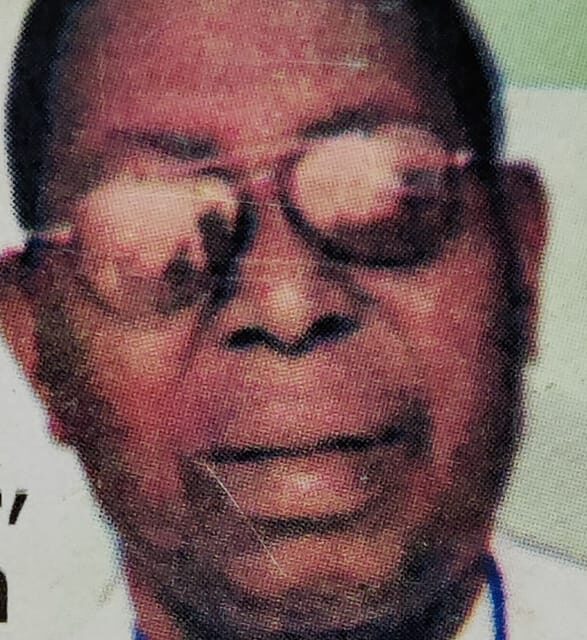
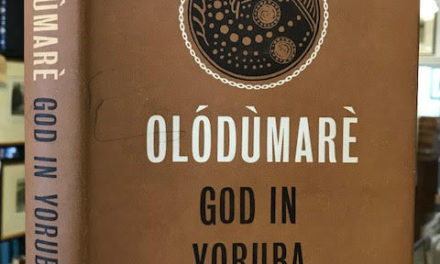
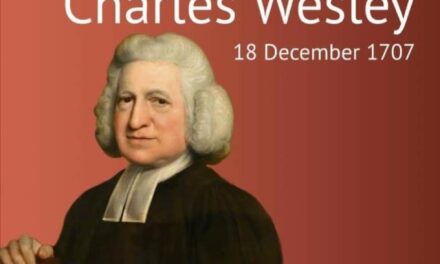
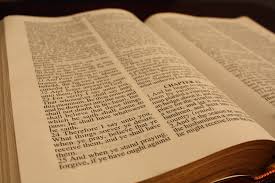
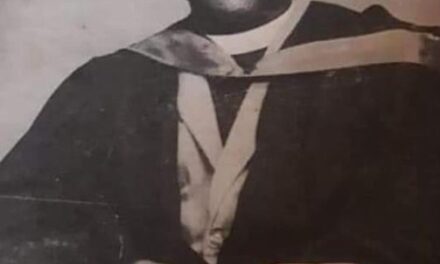





Recent Comments